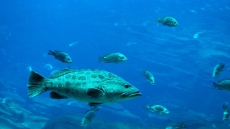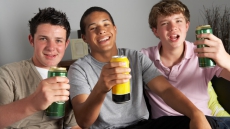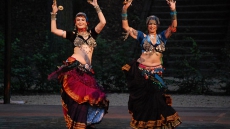Neurons in the brain react differently to virtual reality than they do to real-life environments, shows a study.
The finding can be significant for people who use virtual reality for gaming, military, commercial, scientific or other purposes.
"The pattern of activity in a brain region involved in spatial learning in the virtual world is completely different than when it processes activity in the real world," said Mayank Mehta, a professor of physics, neurology and neurobiology at the University of California, Los Angeles (UCLA).
For the study, Mehta led a team focusing on the hippocampus - a region of the brain involved in diseases such as Alzheimer's, stroke, depression, schizophrenia, epilepsy and post-traumatic stress disorder.
To test whether the hippocampus could actually form spatial maps using only visual landmarks, the researchers devised a non-invasive virtual reality environment.
They studied how the hippocampal neurons in the brains of rats reacted in the virtual world without the ability to use smells and sounds as cues.
The scientists were surprised to find that the results from the virtual and real environments were entirely different.
"The neural pattern in virtual reality is substantially different from the activity pattern in the real world. We need to fully understand how virtual reality affects the brain," Mehta noted.
When people walk or try to remember something, the activity in the hippocampus becomes very rhythmic.
Those rhythms facilitate the formation of memories and our ability to recall them.
Mehta hypothesizes that in some people with learning and memory disorders, these rhythms are impaired.
By retuning and synchronising these rhythms, doctors will be able to repair damaged memory as "the need to repair memories is enormous," he concluded.
The study was published in the journal Nature Neuroscience.






